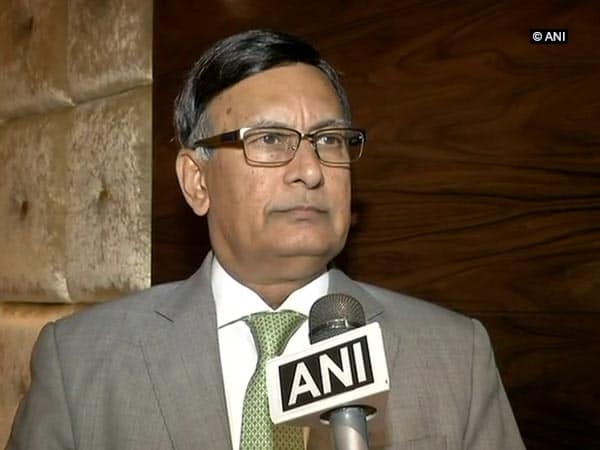Islamabad: Pakistan’s Supreme Court on Thursday wrapped up its eight-year-long proceedings in the Memogate case against the country’s former Ambassador to the US Husain Haqqani, saying that now it is up to the state to decide whether it wanted to take action against him.
A three-judge bench, headed by Chief Justice Asif Saeed Khosa and comprising Justice Gulzar Ahmed and Justice Ijazul Ahsan, disposed of the case after none of the petitioners – former Prime Minister Nawaz Sharif, Qaumi Watan Party and several others – appeared before the court, Geo News reported.
The Memogate scandal erupted in 2011, when Pakistani-American businessman Mansoor Ijaz claimed to have received an “anti-Army” memo from Haqqani, the then Pakistan envoy in Washington, for then US Chairman of the Joint Chiefs of Staff Admiral Mike Mullen.
The memo sent by Haqqani allegedly mentioned a possible Army coup in Pakistan following the US raid in Abbottabad to kill Osama bin Laden. It also allegedly sought assistance from Washington for the then Pakistan Peoples Party government for “reigning in the military and intelligence agencies”.
Hearing the suo motu case on Thursday, Justice Khosa said the apex court had nothing to do with the matter anymore but the state was free to pursue the case.
He said that the state of Pakistan was “not so weak” so as to be rattled by the writing of a memo. “…Pakistan’s foundations are strong and we need not worry about such matters,” he added.
In 2012, a judicial commission was tasked to probe the case and it concluded that the memo was authentic and authored by the former envoy.
The scandal was then taken to the Supreme Court by then opposition leader Nawaz Sharif and several others. It led to Haqqani’s resignation and subsequent exit from the country.
In February 2018, the apex court issued an arrest warrant for the former ambassador. In an attempt to get Haqqani to appear in the court, the Federal Investigation Agency was reported to have approached Interpol later that month to issue red warrants for him.
[source_without_link]IANS[/source_without_link]

